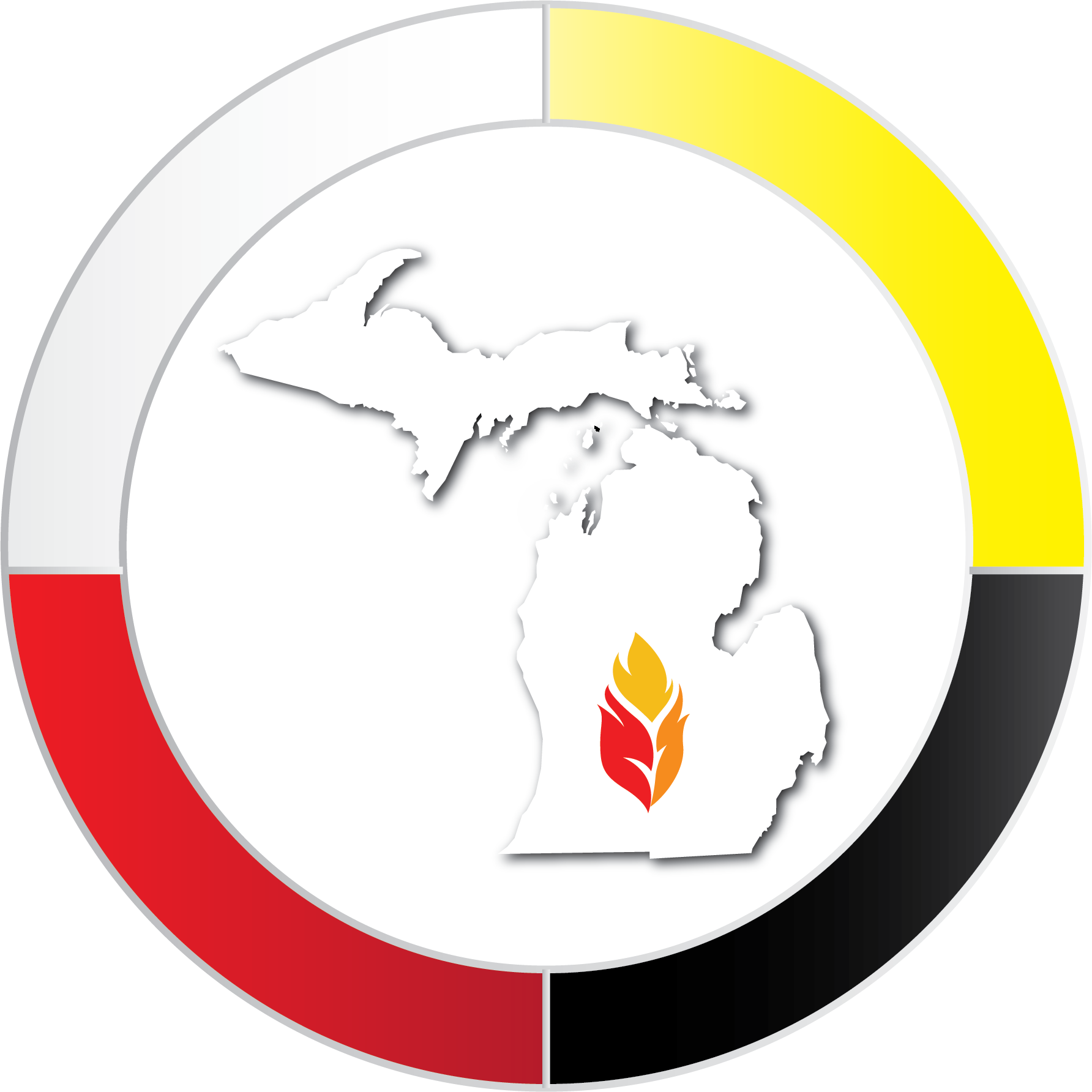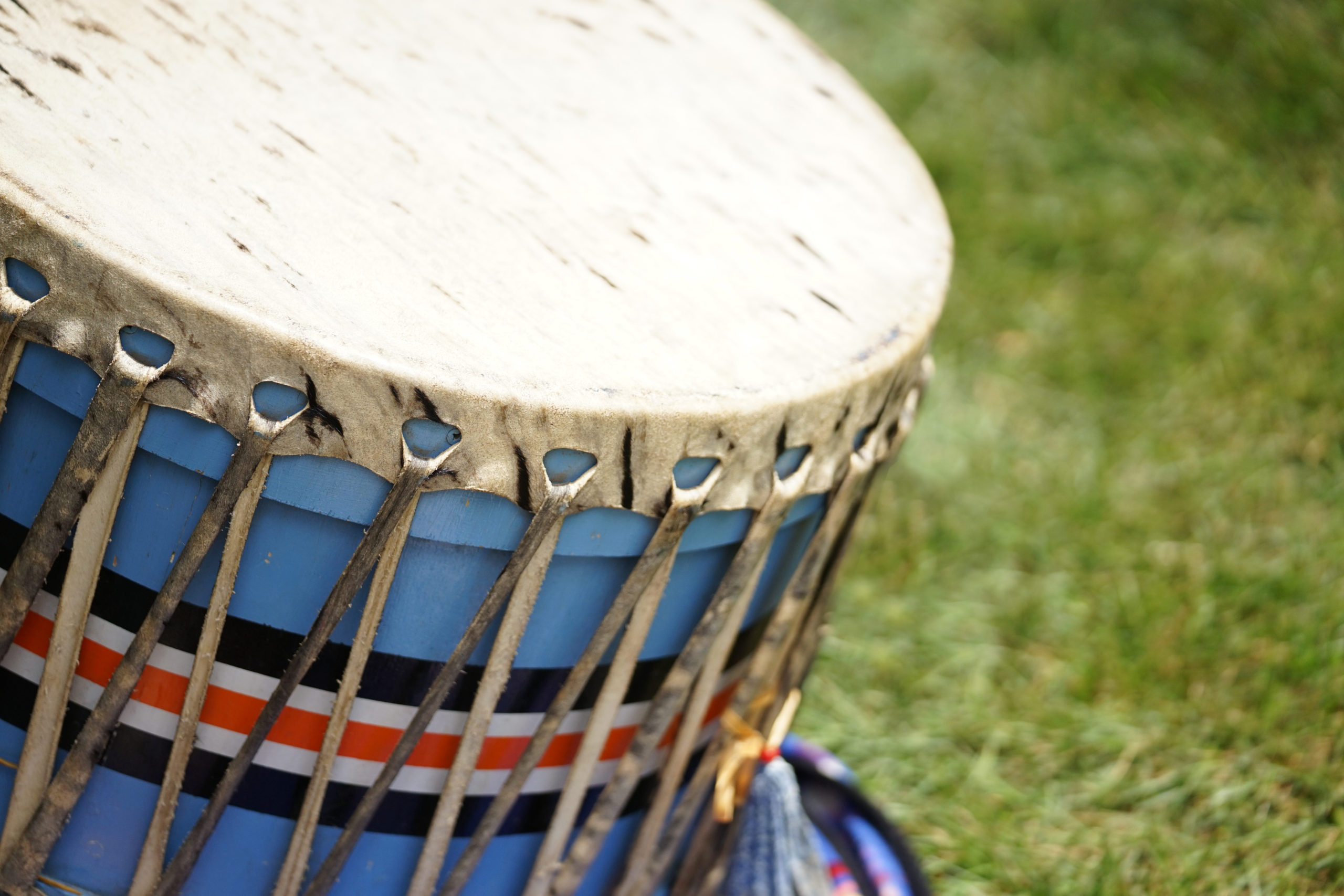Celebrating Five Years of Moving Forward
NAHF Helps Dozens of Institutions and Municipalities Make Immediate Improvements
As the Native American Heritage Fund moves into another year of providing grants that matter, NHBP is reflecting on the many purposeful, permanent gains made in the first five years of the fund’s existence.
Since its inception in 2016, the NAHF Board has approved and awarded 31 grants to institutions and municipalities, totaling more than $1.9 million to date – all with the goal of promoting positive relationships between Michigan’s 12 federally recognized Native American Tribes and K-12 school districts, colleges, universities and governmental agencies.
Created as part of the Second Amendment to the 1988 Tribal-State Gaming Compact between the NHBP and the State of Michigan, the NAHF receives up to $500,000 per year from NHBP’s state revenue-sharing payments from FireKeepers Casino Hotel.
These monies allocated by the NAHF Board improve curricula and education related to Michigan Indian history, as well as Native American language and culture programs across all educational levels.
The NAHF also financially supports the acts of removing and replacing logos, imagery and mascots within municipalities and school districts around the state of Michigan that may be deemed offensive to Native Americans or may convey inaccurate representations of Native American culture and values.
Two cities that quickly embraced NAHF grant opportunities were Kalamazoo and Battle Creek. In 2018, each city was granted funding by the NAHF to remove and replace harmful imagery within their city parks or city hall building.
The most visually prominent impact of the NAHF has been its grants to eight Michigan school districts to undergo logo and mascot changes that are necessary to include more culturally responsible representation.
Belding Area Schools, Okemos Public Schools and Public Schools of Petoskey are three such school districts that have received substantial financial assistance from the NAHF to discontinue their offensive logo or mascots.
Belding Area Schools Board of Education had voted in 2017 to change its offensive mascot, “R-word,” but the district lacked the funding within its operating budget to make the costly yet necessary rebranding on everything from athletic uniforms and fields, to signage and architecture that spanned five buildings.
“In the midst of an already built-up logo problem, I came across an article covering the Native American Heritage Fund,” said Belding Area Schools Superintendent Brent Noskey. “Once I reached out, NAHF could not have been a better fit to get our school into better shape.”
Applying for a grant in 2017, Belding Area Schools was awarded its full ask of $334,690 from the NAHF Board, becoming the first school district in Michigan to receive NAHF funding for rebranding purposes. The school district now had the opportunity to rapidly and permanently remove and replace anything involving its former offensive mascot with its new mascot, the “Black Knights,” which it completed in the fall of 2019.
The NAHF Board invited Belding Area Schools leaders in 2018 to receive an award for being “pioneer leaders,” acknowledging the district’s use of the grant monies to make meaningful and impactful changes in their schools. The Belding Area Schools district has continued its involvement with NAHF by encouraging other schools to make changes similar to its own.
In August 2020, the Public Schools of Petoskey Board of Education unanimously voted to change its logo, thereby ending 70 years of the district’s use of “Northmen.” Applying for and receiving the nearly $60,000 grant from the NAHF enabled the school district to quickly remove its former logo that depicted a man with a war bonnet from all of its infrastructure, vehicles and uniforms to a “P” for Petoskey, which was already placarded on the district’s football stadium.
Okemos Public Schools became an NAHF grant recipient in 2021, receiving more than $200,000 to rebrand its mascot, “Chiefs,” which had been used by the community for decades. The new mascot, “Wolves,” was voted in unanimously by the school district’s board of education in February 2022. The school district is currently in the early stages of rebranding, thanks to the grant provided by the NAHF.
As recently as 2021, more than 35 schools in Michigan still use Native American imagery, mascots or logos, according to the Michigan Department of Civil Rights.
Although this number continues to decline, the current and continual use of Native American imagery in Michigan schools demonstrates the need to keep moving forward and making positive improvements through NAHF to promote mutual respect and cooperation.
“We can only hope that the NAHF will eventually bring the number of Michigan schools that use Native imagery down to zero,” said NAHF Board Chairperson Jamie Stuck, who also serves as the NHBP Tribal Council Chairperson. “We will continue to remain steadfast in our mission to support schools through branding changes, but we also hope that schools will look to the NAHF for curriculum and educational support too. The board is hopeful for our 2022 applicants and we look forward to seeing what projects they’d like to tackle.”
Recipients of the 2022 NAHF grant cycle will be announced in July.

